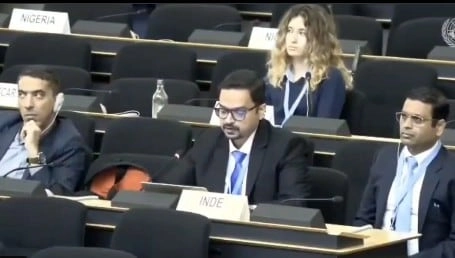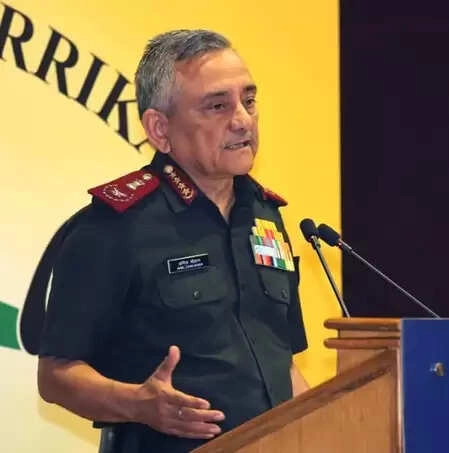India’s diplomatic engagements often take center stage on the global platform, particularly during significant events such as the United Nations General Assembly. A recent instance that captured attention was the response from India following a speech by Pakistan’s representative at the UN. The Pakistani delegation raised several issues concerning Kashmir and alleged human rights violations, topics that have historically been contentious between the two nations. In a swift and pointed rebuttal, India’s permanent representative to the UN delivered a sharp response that likened Pakistan’s attempts to malign India’s image to a “dump truck” unloading falsehoods and misinformation.
The metaphorical use of “dump truck” was particularly striking, as it encapsulated India’s frustration with what it perceives as Pakistan’s continuous campaign to distort facts and create an unfavorable narrative about India. India’s representative articulated that such rhetoric was not only unproductive but also an attempt to deflect attention from Pakistan’s own internal challenges, including issues related to terrorism and governance. This exchange highlights the ongoing rivalry and the high-stakes nature of their interactions at international forums, where both nations seek to garner support from the global community.
Moreover, the incident underscores the broader geopolitical dynamics in South Asia, where historical grievances often surface in diplomatic discussions. India’s assertive stance at the UN reflects its growing confidence on the world stage, as it seeks to position itself as a responsible global player. The reference to a “dump truck” serves as a reminder of the challenges of misinformation and the importance of factual discourse in international relations. As both countries continue to navigate their complex relationship, the reactions at such platforms will likely shape their diplomatic strategies moving forward.
In essence, India’s response to Pakistan’s allegations at the UN is indicative of a broader strategy to counter narratives that it views as unfounded. It underscores a willingness to confront misinformation head-on while reinforcing its own position regarding issues of national integrity and security. As global politics evolve, such exchanges will remain pivotal, framing not only bilateral relations but also influencing alliances and perceptions in the international arena. The use of vivid metaphors like “dump truck” not only captures the attention of the audience but also serves to crystallize the stakes involved in these ongoing disputes.




